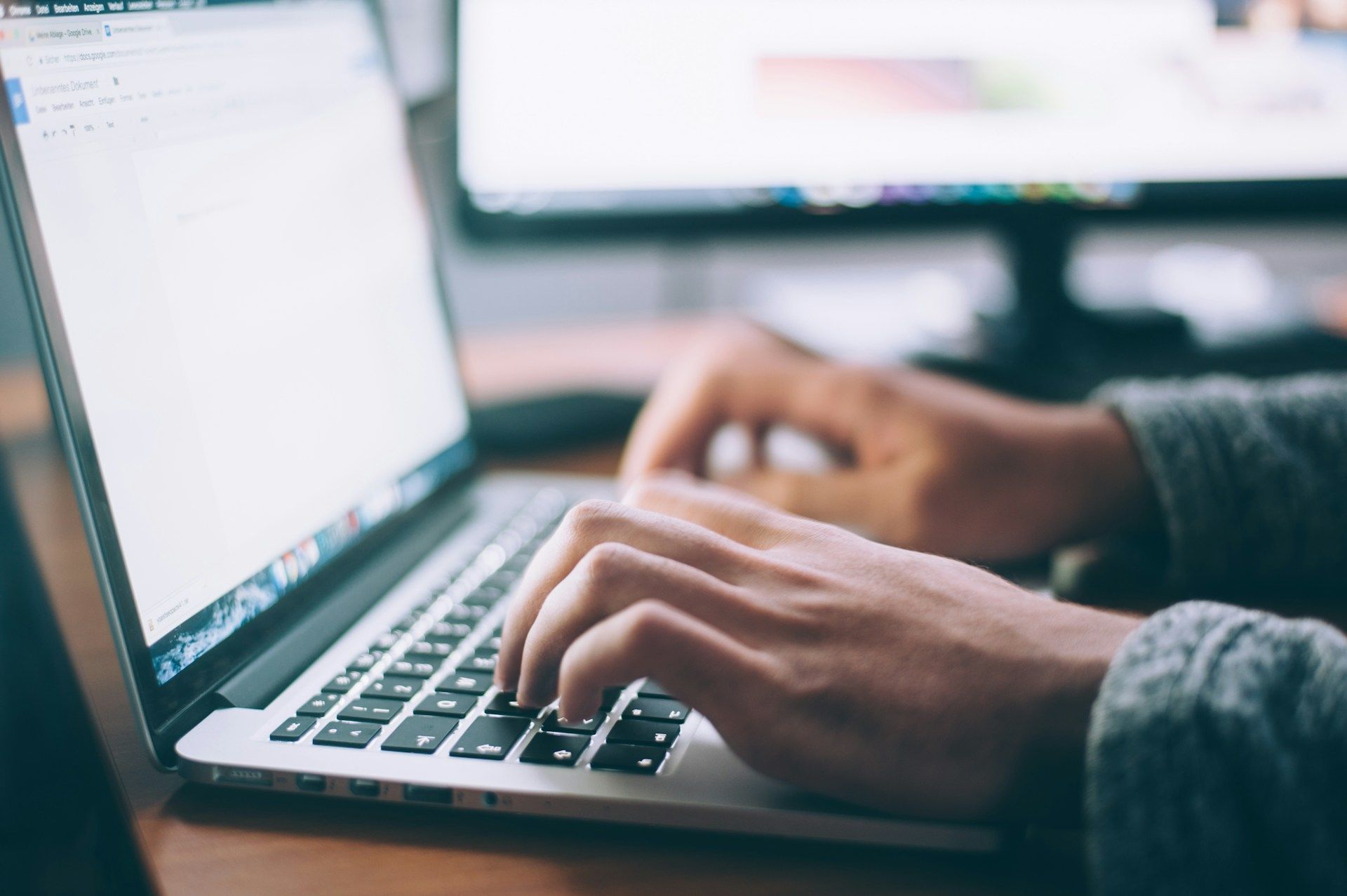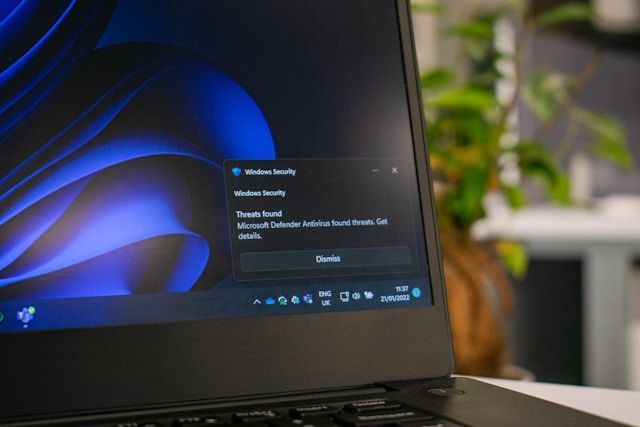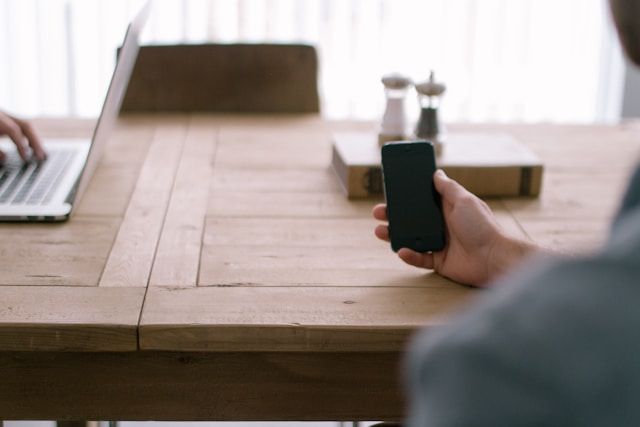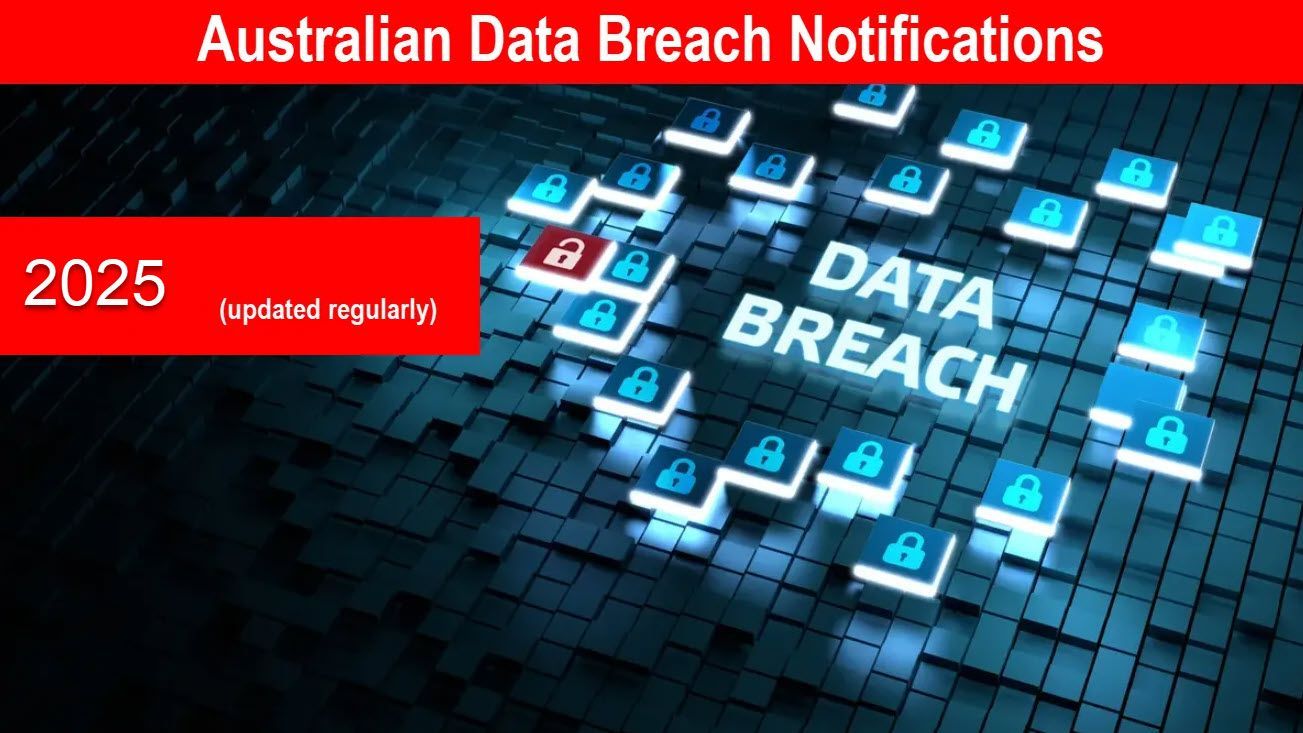A Beginner's Guide to Securing Your Personal Information Online

How many passwords do you use? Can you remember them all? Are they all super secure? If you answered "no" to any of these questions, you're not alone.
But fear not, digital warrior! In this guide, I’ll walk you through some effective ways to keep your personal information secure online. First, I’ll show you why protecting your personal information is important. Then, I’ll introduce you to some common cyber threats. Finally, I’ll show you how to protect yourself on the internet.
That said, let’s roll in.
Importance of Personal Information Security
Personal information security helps protect your sensitive data from being stolen or misused. Your personal information includes things like your name, address, social security number, and financial details. If this information falls into the wrong hands, it can lead to identity theft. This can cause a lot of problems, like financial loss and damage to your credit score.
Create Strong Passwords
The first thing you should do to keep your accounts safe is create strong passwords. A strong password should be long, at least 12 characters. It should mix letters, numbers, and symbols. Avoid using common words or simple patterns like "1234" or "password."
Also, use unique passwords for different accounts. This way, if one gets hacked, others remain secure. A password manager can help you keep track of your passwords. It can generate and store complex passwords for you.
It’s also a good idea to change your passwords regularly. If you suspect an account is compromised, update the password immediately.
Use Anti-Malware Programs
Using anti-malware programs is important for protecting your computer. These programs scan for and remove harmful software, like viruses and spyware. They can stop malware from damaging your files or stealing your information.

Also, keep your anti-malware programs updated. New threats appear all the time, so updates are important. Be sure to schedule regular scans to check your computer for malware.
Apart from that, be cautious about what you download and install. Anti-malware programs can’t catch everything. Avoid clicking on suspicious links or opening unknown email attachments.
Using these programs adds a strong layer of defence as they help keep your computer safe and your personal information secure.

Keep Your Devices Updated
Another important tip you should follow is to keep your devices updated. Updates often fix security flaws and bugs. Hackers look for these flaws to steal your information.
Set your devices to update automatically. This way, you don’t miss any important updates. If automatic updates are not available, check regularly for new updates.
Updating also ensures you have the latest features and improvements. It can make your device run better and more efficiently.
Regularly Back Up Your Data
Regularly backing up your data is important for protecting your information. Backing up means saving copies of your important files in a different place. This way, if your computer crashes or gets infected by malware, you won’t lose everything.
Use external hard drives or cloud storage for backups. Schedule automatic backups to make it easier. Aim to back up your data at least once a week.
If something goes wrong, you can quickly restore your files from your backup. This can save you a lot of time and stress.
Remember, backups protect you from losing important data like photos, documents, and emails. Regularly backing up your data ensures you have a safe copy in case of any problems.
Avoid Suspicious Links and Downloads
Cybercriminals often use fake links and downloads to spread malware or steal information, so be sure to avoid suspicious links and downloads for online safety. To be precise, be cautious with emails, messages, and websites.
Don’t click on links from unknown or untrusted sources. Even if the message looks real, it might be a scam. Check the URL carefully for any strange characters or misspellings.
Avoid downloading files from unfamiliar websites. Only download software and files from trusted, official sources.
If something seems too good to be true, it probably is. When in doubt, do not click or download.
By avoiding suspicious links and downloads, you protect your computer from malware and keep your personal information safe.
Final Words
Securing your personal information online might seem tough but it’s more or less simple. By following the simple steps I shared above, you can protect yourself from many threats. Remember to create strong passwords, use anti-malware programs, and keep your devices updated. Also, back up your data regularly and be cautious with links and downloads.
Until next time, cheers!
References:
- https://www.chubb.com/us-en/individuals-families/resources/6-ways-to-protect-your-personal-information-online.html
- https://www.forbes.com/sites/forbestechcouncil/2019/06/07/a-beginners-guide-to-online-privacy-12-important-tips/
- https://www.linkedin.com/pulse/cyber-security-beginners-guide-staying-safe-online-sarita-sangrez-io7if









